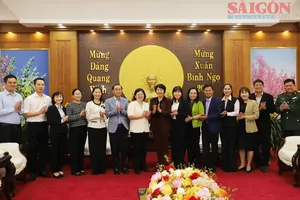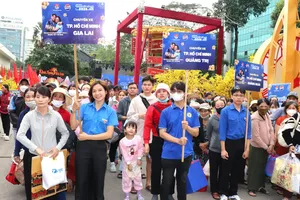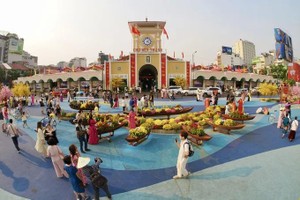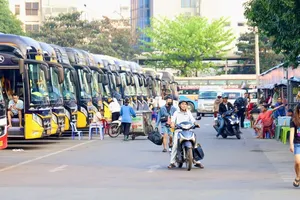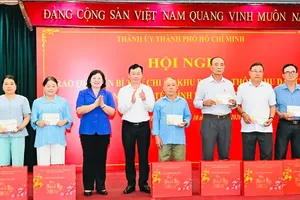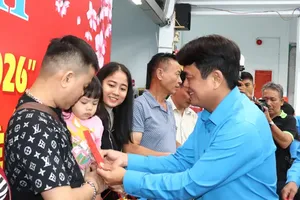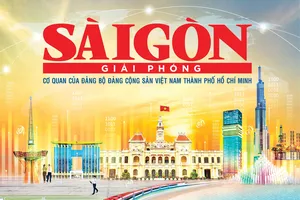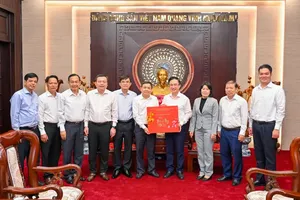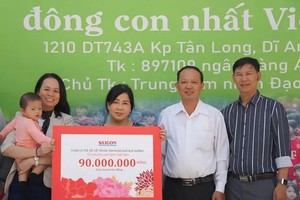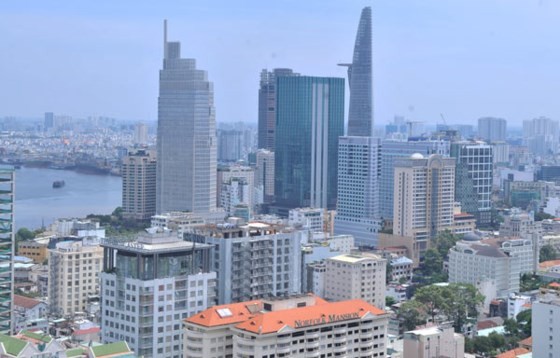
At the seminar, delegates agreed that the key goal of smart city is to better serve residents’ lives.
According to Associate Professor Dr. Nguyen Ky Phung, deputy director of the institute, smart city applies technologies to connect, collect and analyze information from residents and agencies to improve living quality for residents and ensure sustainable development.
HCMC is now facing many challenges including population increase, fast but unsustainable economic development, inefficient operations to encourage residents to attend in urban supervision and development.
Therefore developing smart city is necessary to make HCMC a livable place with smart authorities, residents, busineses and services.
The city should give priority to ten key fields when building smart city project. They comprise education, health, traffic, food safety, security, administrative reform, urban planning, human resource and environment.
Deputy director of the Department of Information and Communications Le Quoc Cuong said that HCMC would focus on building electronic government and smart plans to boost economic development and create utilities to serve residents.
The city also heads toward proposing specific projects for businesses to implement the smart city project. Of these, it will focus on mobilizing non-budget resources, encouraging investment and letting out information technology services.
The fact of building smart city in Da Nang shows that information technology is the key foundation. However it is unfounded to say that technologies and urban management will automatically bring a better city.
Mr. Nguyen Quang Thanh, director of Da Nang city’s Department of Information and Communications, said that access to smart city through technologies is not enough as it needs to improve the value of other factors such as social capital, human resource, businesses’ knowledge and agencies’ management.
